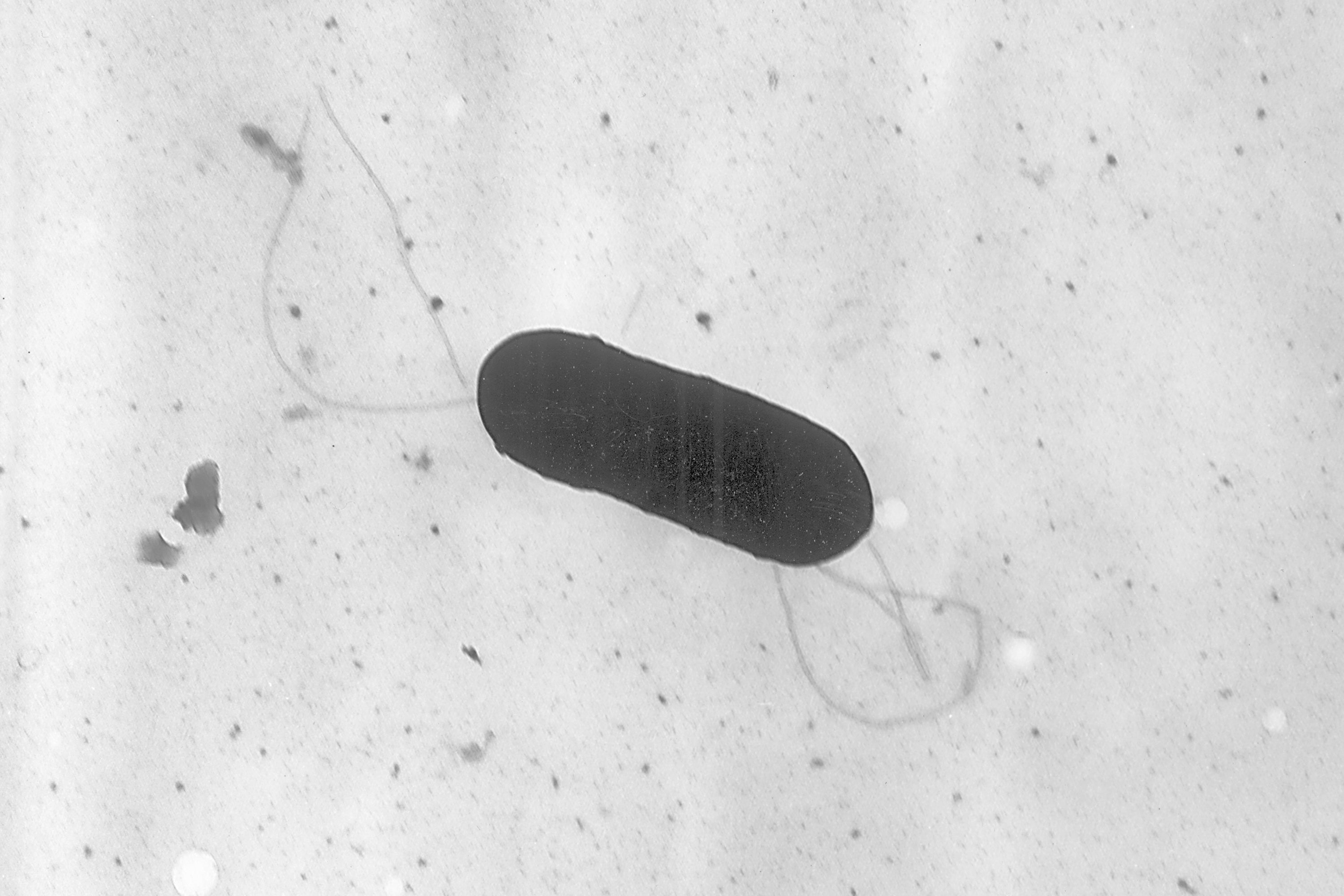Here's what to do with deli meats as the CDC investigates a listeria outbreak across the U.S.
An outbreak of listeria has U.S. health officials advising people who are pregnant, elderly or have compromised immune systems to avoid eating sliced deli meat

As U.S. health officials investigate a fatal outbreak of listeria food poisoning, they're advising people who are pregnant, elderly or have compromised immune systems to avoid eating sliced deli meat unless it's recooked at home to be steaming hot.
The U.S. Centers for Disease Control and Prevention didn't mandate a food recall as of early Saturday, because it remains unclear what specific products have been contaminated with the bacteria now blamed for two deaths and 28 hospitalizations across 12 states. This means the contaminated food may still be in circulation, and consumers should consider their personal risk level when consuming deli meats.
Federal health officials warned on Friday that the number of illnesses is likely an undercount, because people who recover at home aren't likely to be tested. For the same reason, the outbreak may have spread wider than the states where listeria infections have been reported, mostly in the Midwest and along the U.S. eastern coast.
The largest number known to get sick — seven — were in New York, according to the CDC. The people who died were from Illinois and New Jersey.
What investigators have learned
Of the people investigators have been able to interview, “89% reported eating meats sliced at a deli, most commonly deli-sliced turkey, liverwurst, and ham. Meats were sliced at a variety of supermarket and grocery store delis,” the CDC said.
And samples collected from victims from May 29 to July 5 show the bacteria is closely related genetically.
“This information suggests that meats sliced at the deli are a likely source of this outbreak. However, at this time CDC doesn’t have enough information to say which deli meats are the source of this outbreak,” the agency said in a statement published on its website Friday.
What to expect if you're infected
Listeria infections typically cause fever, muscle aches and tiredness and may cause stiff neck, confusion, loss of balance and convulsions. Symptoms can occur quickly or to up to 10 weeks after eating contaminated food.
It can be diagnosed by testing bodily fluids, usually blood, and sometimes urine or spinal fluid, according to the Mayo Clinic.
Listeria infections are especially dangerous for people older than 65 and those with weakened immune systems, according to the CDC. Victims of this outbreak ranged in age from 32 to 94, with a median age of 75.
For pregnant people, listeria can increase the risk of miscarriages. One of the victims of the current outbreak was pregnant, but did not have a miscarriage, officials said.
Infections confined to the gut — intestinal listeriosis — can often be treated without antibiotics according to the CDC. For example, people might need extra fluids while experiencing diarrhea.
But when the infection spreads beyond the gut — invasive listeriosis — it’s extremely dangerous, and is often treated with antibiotics to mitigate the risk of blood infections and brain inflammation, according to the Mayo Clinic.
What about the meat in your fridge
So far there’s no sign that people are getting sick from prepackaged deli meats. And for at-risk people who already have deli slices in their refrigerator, they can be sanitized by being recooked. “Refrigeration does not kill Listeria, but reheating before eating will kill any germs that may be on these meats,” the CDC says.
This isn't new advice: The CDC says it always recommends that people at higher risk for listeriosis avoid eating meats sliced at the deli, or heat them to an internal temperature of 165 Fahrenheit (74 Celsius) or until it's steaming hot before eating.
Some of the products involved in past listeria outbreaks cannot be reheated, of course: Over the decades, listeria has provoked voluntary or mandated recalls of cheeses, bean dips, milk, mushrooms, packaged salads, and ice cream.
___
The Associated Press Health and Science Department receives support from the Howard Hughes Medical Institute’s Science and Educational Media Group. The AP is solely responsible for all content.
Bookmark popover
Removed from bookmarks